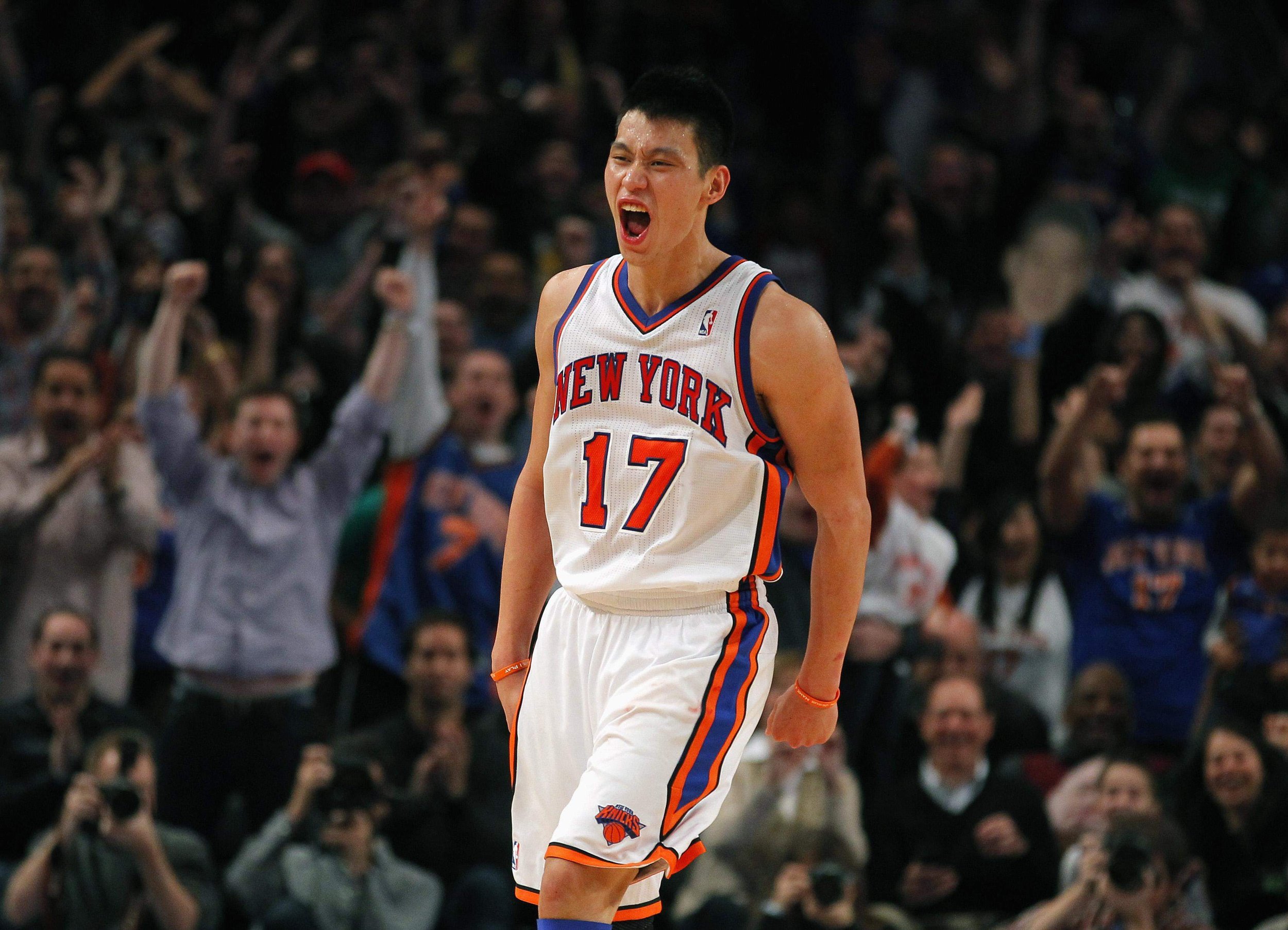ICYMI It’s AAPI Heritage Month, one of AAAFF’s favorite times of the year! Taking inspiration from our Amplify video , some of our staff along with NIGHT ON SIXTH actor Yola Lu, decided to write a few sentences about when they first felt represented. Oh, and speaking of NIGHT ON SIXTH, check out this fundraiser hosted by Asian Texans for Justice happening on May 18th at Austin Cinemaker Space!
When did you first feel represented?
BEND IT LIKE BECKHAM
While not an Asian American film, I cannot deny the impact this film had on my adolescence. I was eleven years old when BEND IT LIKE BECKHAM came out, and it was really my first exposure where I was like, “hey! I can relate.” Although I am not a soccer fanatic, it was so refreshing to see a South Asian woman who really wanted to forge her own path and identity. Status quo who? It was also great to see aspects of our culture woven into the character’s daily life. I may not have known what I wanted to do with my life in the sixth grade, but Jess taught me that I could at the very least try to attain a different life than what may be expected of me. Happy 20th anniversary to this amazing movie! - Neha Aziz, Community Programs Director and Film Programmer
HEY ARNOLD - VIETNAM EPISODE
One of the first times I felt represented on screen was watching the infamous 1996 Christmas episode of "Hey Arnold!" in 1996. It told the story of Mr. Hyunh, the Vietnamese American boarder at the boarding house that Arnold's grandparents ran. Up until then, Mr. Hyunh was always a recurring character that you just didn't know much about. This episode was pivotal in depicting the 1975 fall of Saigon in Vietnam and how Mr. Hyunh had to hand his infant daughter to an American soldier. After a 20 year struggle to leave Vietnam and come to America as a refugee, he continues to search for his daughter in New York City.
For such a short half hour segment of TV, it resonated deeply with me even as a Taiwanese American who knew little about the Vietnam war or the struggle of my fellow Vietnamese Americans as an elementary student. Years later when I was running the Asian Adoptee Youth Camp at the Asian American Resource Center in Austin, I thought about this episode often. For the camp, which consisted of primarily Chinese Americans adopted into transracial families, we did a short history lesson about the transracial adoption in the US. Being able to share with Asian adoptees the history and context of Asian children adopted into America was so powerful and it's a lesson I hope they are able to continue thinking back on and use to better understand their own stories. - Hanna Huang, Executive Director
WITNESSING LINSANITY
There weren't a lot of AAPI movies I encountered growing up and honestly I didn't discover many until later in life. But I've loved basketball since I was a kid and didn't notice many famous Asian American players or even athletes, either. Michael Chang was definitely a major figure but I was too young during his heyday and never had interest in tennis. So when Jeremy Lin burst onto the scene, it certainly felt like a movie. A dude that looked like me, American, and in one of the four major US sports? On top of it all, he had one of the greatest NBA debuts in history AND started a phenomenon? It couldn't be scripted better. For a couple weeks, Linsanity swept sports media and it felt like something that I had been waiting for all my basketball-watching life and didn't even consciously know it. It was the first time where I could feel the cultural impact as it was happening, similar to the waves that movies like Crazy Rich Asians and Everything Everywhere All at Once have done recently. These things can resonate. I still have Linsanity highlights etched in my mind and replay them vividly a decade later. That type of success sticks with a community or just a kid who wants to feel seen on the stage of something he loves. - Ray Loyd, Creative Director
FRESH OFF THE BOAT
The first time I felt really seen was when Fresh Off the Boat aired on television. It was the first time I saw a cast that looked like me, had references that I understood (like getting to the airport absurdly early), and had problems that I related to. I wasn't fully pursuing acting at the time, because to be honest, I wasn't sure if there were roles out there that would be for me, but after seeing the success of FOTB, it made me realize that Hollywood is changing and there might actually be a path for me. I'm grateful for the show because it gave me the courage to fully realize my dream. - Yola Lu, Actor/Writer/Comedian









